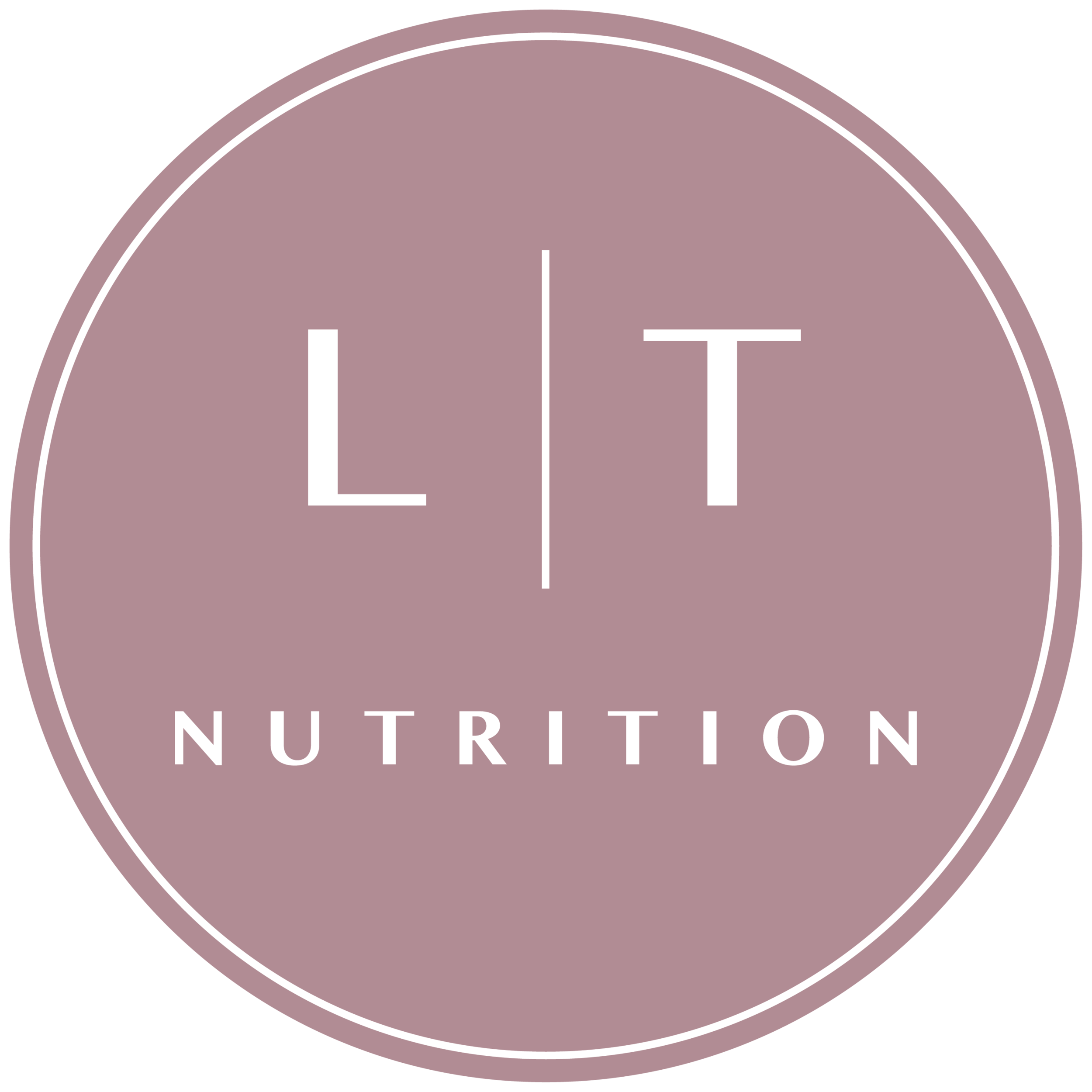Brain Fog and the Menopause Transition
Wait… Did I turn the oven off??
At some point, we’ve all forgotten our keys, or why we went to the supermarket but whilst these moments of forgetfulness can be humorous, brain fog during the menopause transition can be terribly destressing and some women may feel like they have dementia or even a brain tumor.
Did you know!
Approximately 60% of midlife women report problems with memory during the menopause transition.
What is Brain Fog?
The Oxford Dictionary defines Brain Fog as
“an impediment to thinking clearly; inability to concentrate and remember”.Specifically, Menopause Brain Fog is
“the constellation of cognitive symptoms experienced by women around menopause, which most frequently manifest in memory and attention difficulties and involve such symptoms difficulty encoding and recalling words, names, stories or numbers, difficulty maintaining a train of thought, distractibility, forgetting intentions (reason for going to the supermarket) and difficulty switching between tasks”, as defined by P. M. Maki and N. G. Jaff (2022)
My personal experience with Menopause Brain Fog
I had never heard of the term brain fog until I started menopause at 32 and then I kept seeing it appear in everything I read. I have three distinctive memories of my own personal experience with brain fog.
The first memory was when we first arrived in Hong Kong. My husband and I were at a shopping mall buying new glasses. I went to the bathroom and left my bag and phone with him in the glasses shop. As I came out of the ladies I had literally no idea how to get back to him. I remember standing still and feeling physically sick at the thought of not knowing where I was and how I could get back to him.
The second memory was when I was driving to work. I remember having to turn the AC up full, shake my head and open my eyes so wide to just concentrate on the road. I couldn't understand what was going on. I had a great night's sleep but my brain was clearly not functioning the way it should.
Lastly, the third memory was reading scientific journals for my job. Reading scientific journals is such an important part of my job as I need to keep abreast of current research in the field of nutrition. I would start reading these journals, get half way down the page and have literally no clue what the journal was about. I was not retaining any of the information. This led to terrible anxiety in the first few years of my job. Quite debilitating really.
To be honest, I thought I had dementia. It has probably been the most debilitating and frightening symptom of menopause I have dealt with thus far. Particularly as a 30 something woman trying to excel in her career.
What menopause-related factors cause Brain Fog and other cognitive dysfunctions?
The brain is filled with estrogen receptors that help the function of the hippocampus and prefrontal cortex that are responsible for memory and other cognitive functions. A decline in estrogen reduces the functioning of these important areas of the brain causing cognitive dysfunction.
Vasomotor symptoms such as hot flushes and night sweats play a role in sleep quality. Sleep difficulties are strongly related to cognitive dysfunction in menopause.
Depressive and anxiety disorders can also play a role in cognitive symptoms associated with menopause.
So, it is clear that memory difficulties and cognitive complaints such as Brain Fog emerge during perimenopause due to the fluctuation and decline of estrogen. In addition to the perimenopause hormonal roller coaster, nutrition, lifestyle, and stress can also play a major role in maintaining optimal brain chemistry.
How can nutrition improve Brain Fog and overall cognitive function?
Brain healthy foods - healthy fats such as extra virgin olive oil, nuts and seeds, and omega 3 rich oily fish provide an anti-inflammatory effect to protect brain health
Make friends with fibre - a wide variety of plant-based foods improves the communication of neurotransmitters along the vagus nerve for optimal functioning of the brain
Protein - plays a role in the production and deployment of hormones such as serotonin which is important for mood and brain function.
Join me on 31 March 2023, for a Free Masterclass on how to improve how your brain functions during midlife.
For more guidance on navigating perimenopause, please join me for Reset 40.
Reset 40 is a 12-week nutrition and well-being program for anyone preparing for, or experiencing menopausal symptoms brought on by hormonal fluctuations.
The next intake starts 17 April 2023. Join now or schedule a call with me to discuss your personal needs.



